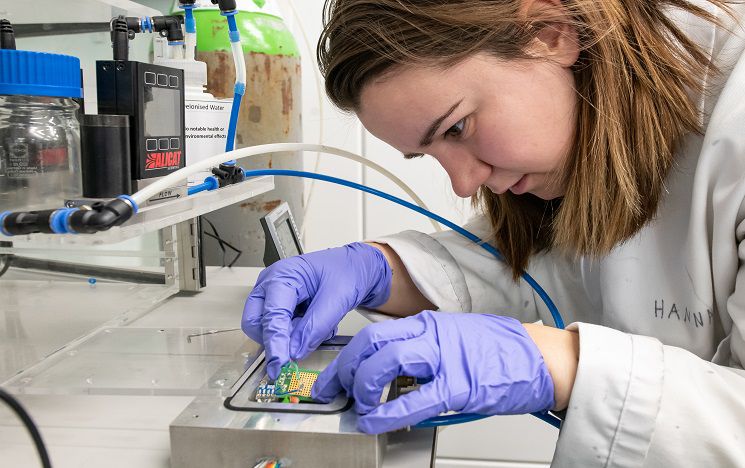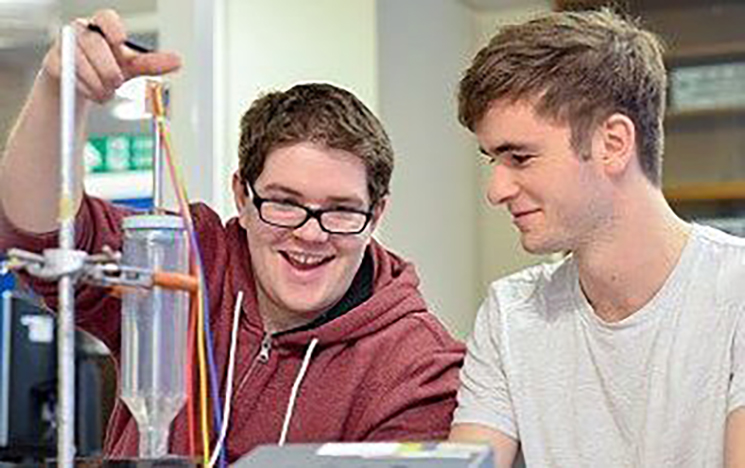
Mathematics
Find out what it’s like to immerse yourself in mathematics at Sussex.
From searching for evidence of dark matter to predicting which areas in the world will flood next, we’re leading real change and making a difference to people’s lives. Learn about our courses and world-leading research.
Find out about our Mathematical and Physical Sciences courses.

Explore the work and findings of academics in the School of Mathematical and Physical Sciences.

See the activities we run for schools and colleges, and find out about our talks and public events.
School of Mathematical and Physical Sciences
Pevensey 2 Building, University of Sussex, Falmer, BN1 9QH
+44 (0)1273 678195
Visit the web pages for current students and staff.